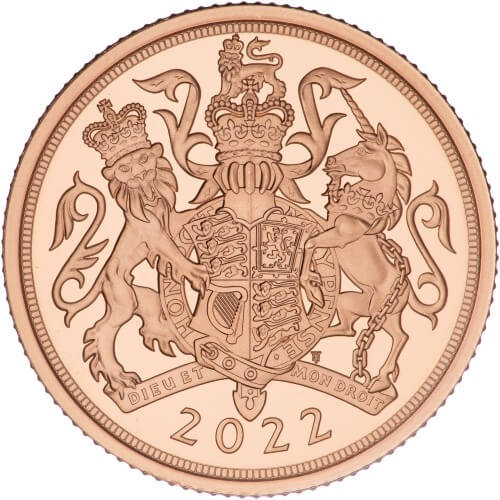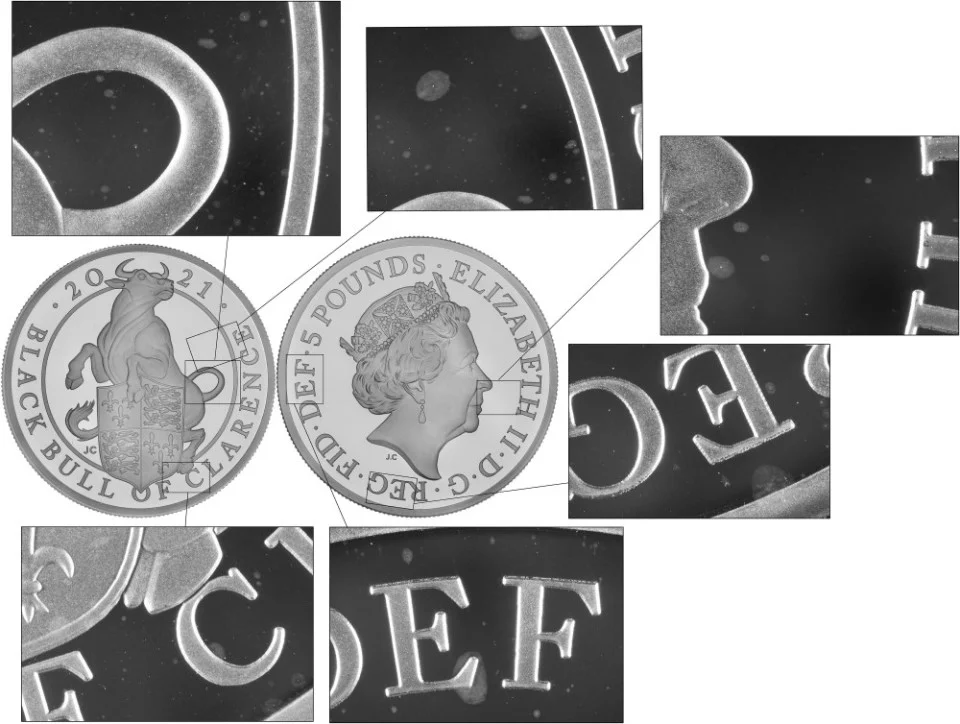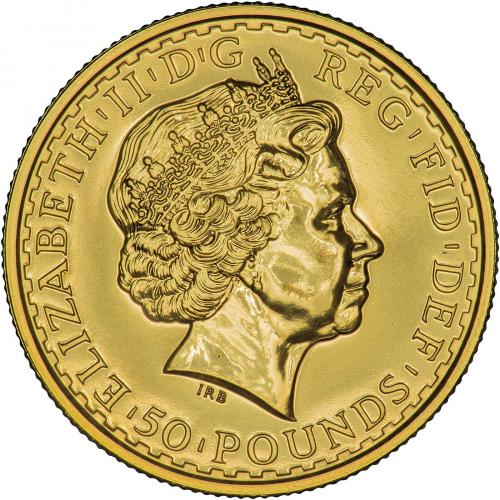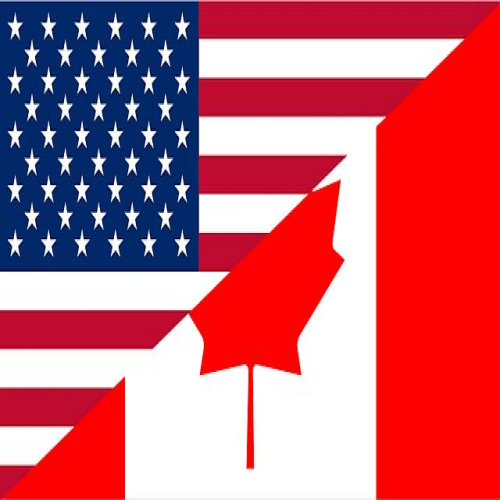UK Budget 2021
Synopsis
Chancellor Rishi Sunak delivered his latest budget, nearly 12 months after the pandemic-induced lockdowns brought the national economy to a standstill. Sunak has pledged billions of pounds in economic support and has adjusted tax rates in order to plug the widening gap in the public finances, although some are not sure how effective the new proposals will be.

2020
Last year’s budget, which was Sunak’s first since taking the role last February, came just before the announcement of the 2 week UK lockdown to “flatten the curve” of rising COVID cases. £12 billion had already been put aside for “temporary, timely and targeted measures to provide security and stability for people and businesses”. Now, a year on, this £12 billion is a drop in the ocean compared to what would come in the following weeks and months.
The furlough scheme kept many who were out of work afloat by paying 80% of workers’ wages. Initial estimates were costed at around £17.5 billion, working at around £2,000 per job lost. By July, Sunak unveiled another £160 billion to help with housing development grants, and voucher schemes such as “Eat Out to Help Out” in order to help the struggling hospitality sector.
Further lockdowns were imposed after the summer forcing businesses that had barely reopened to close again, adding more pressure to the public purse. By November, public sector borrowing had soared from £55 billion from Sunak’s earlier budget to £394 billion in November 2020.
2021
The new year saw some hope of a return to normal despite the continual rise of COVID cases in many parts of the country. Vaccines produced by Pfizer-BioNTech, Moderna and AstraZeneca looked promising and the UK passed the milestone of delivering first doses of the vaccine to 15 million people on the 15th February.
Prime Minister Boris Johnson’s "roadmap" plans to have the UK completely out of lockdown by mid-June with the earliest steps being taken from 8th March.
The impact of the pandemic and lockdowns has been disastrous to the national economy which contracted by nearly 10% in 2020. The national debt is close to £2 trillion (84.6% of net GDP) which will no doubt be passed on to the UK taxpayer in one form or another.
A Summary of the 2021 UK Budget
- Furlough scheme extended until September. Employers will be expected to contribute 10% in July and 20% in August and September as it draws to a close.
- Corporation tax will be increased to 25% in 2023, although smaller firms will pay a lower rate. A “super deduction” is being introduced to encourage firms to continue investing. If a company spends £10 million on machinery could receive a £13 million tax deduction instead of £2.6 million.
- Holidays extended for business rates and an extension of the stamp duty cut.
- Thresholds for income and inheritance tax remain frozen for at least 5 years.
- A new recovery loan scheme will allow businesses to borrow between £25,000 and £10 million with a government guarantee of 80%.
- £5 billion in the 'Restart Grants' scheme giving Covid-hit firms a cash injection of up to £18,000.
- Capital gains tax (CGT) rates will be increased to be more in line with income tax, although the threshold (£12,300) will remain until 2026.
Initial Responses
The response to the budget has been mixed, to say the least. Mark Littlewood, Director General of the Institute of Economic affairs said:
“After months of damage inflicted by the pandemic and lockdown measures, the Chancellor had the opportunity to deliver a pro-business, pro-growth Budget by lowering and simplifying taxes and slashing unnecessary regulations."
“Instead, we received a barrage of short-term costly measures which risk depressing economic growth, reducing employment, hampering entrepreneurialism, and ultimately harming the long-term economic recovery. Dialling up taxes was a mistake, and our economic growth will be less impressive as a result."
Regarding business rates holidays, Professor Len Shackleton said:
“Rates are a form of property tax, rather than a tax based on profits, and can take no account of current trading conditions. Businesses will again face a cliff-edge scenario when rates are reintroduced: business rate holidays just kick the can down the road.”
On the other hand, a YouGov poll found in initial responses that 46% of the public backed the budget compare to only 11% who oppose it. Also, two-thirds of Conservative voters supported the measures compared to just over a quarter who were against. Corporation tax increases were overwhelmingly popular with the general public, even among Conservative voters. 69% of the public approved of the tax rise, with 76% of Tory voters also supported the move.
Public goodwill seems to be on the side of Sunak, although the full pain of tax rises and threshold freezes could ebb away support. The first signs of this appeared when the government gave just a 1% pay increase to doctors and nurses, which faced a massive public backlash. Such announcements from the government didn’t look very sincere in the face of allegations of cronyism in the awarding of state PPE contacts and the failure of the test and trace programme, showing that the Chancellor has a very fine balancing act to follow when attempting to justify these decisions in his budget.
Impact on Gold and Silver
In terms of precious metals, the big take-home for UK investors is the capital gains exemption for pound sterling coins is unchanged, meaning coins such as Britannias and sovereigns are still CGT free. In the bigger picture, the squeeze on business and individuals will get tighter as a result of Sunak’s measures, which could see more flocking towards the safe haven of precious metals, especially if the promised positive economic outlook fails to materialise.
Summary
Having measures and allowances for people to escape the last 12 months of financially crippling lockdowns is certainly needed. However, despite Conservative Party claims that “there is no magic money tree”, Sunak’s budget proposal seems to suggest that there is one after all!
Every budget comes with promises of economic growth. Instead, the only thing this budget promises is more and more debt, for which taxpayers will be on the hook for.
We may not have seen the full impact of the recent lockdowns, and with volatility in asset markets there is still no clear picture of how well the economy will fare in the coming months and years.
Related Blog Articles
CGT-Exempt Coins
This guide and its content is copyright of Chard (1964) Ltd - © Chard (1964) Ltd 2024. All rights reserved. Any redistribution or reproduction of part or all of the contents in any form is prohibited.
We are not financial advisers and we would always recommend that you consult with one prior to making any investment decision.
You can read more about copyright or our advice disclaimer on these links.











































